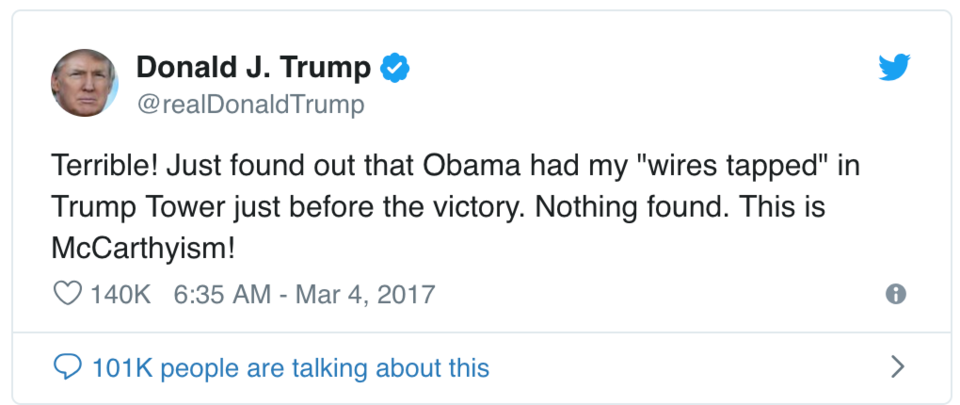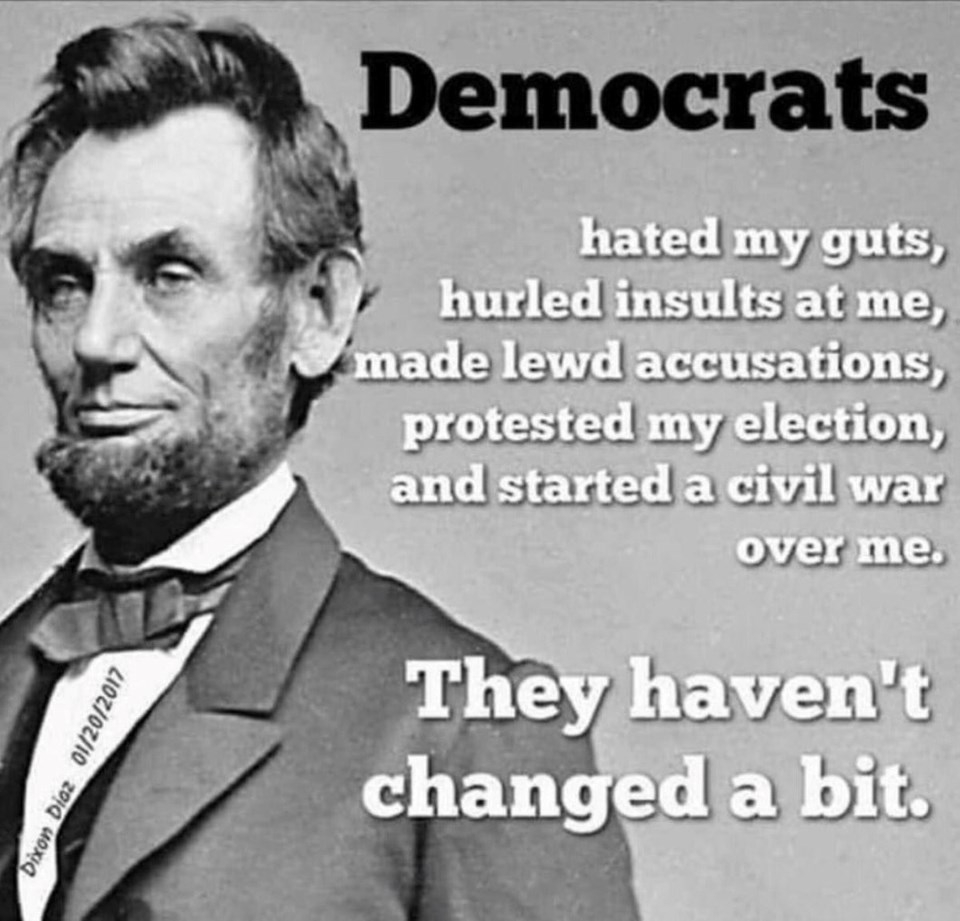Dear Brooklyn Readers,
What's the difference between a truth and a lie? These days, it's hard to tell. It's like, suddenly, we've been dropped into Upsidedownlandia, Bizarro World, or Dorothy's Oz.
Welcome to Trumptown! Where facts are dismissed as "fake news;" where a lie is not really a lie-- it's an alternative truth! And where, if you plug your ears, close your eyes and say "Lah! Lah! Lah!" loud enough, any lie of your choosing can become your reality!
 Go ahead: Click your heels four times and believe whatever fits your personal agenda ... Or, follow the leadership of Donald J. Trump, who, during his first 365 days in office alone, handed the American public more than 2,000 false statements-- an average of 4.9 alternative truths a day for free! In fact, according to The Washington Post, the longer Trump reigns, the greater the frequency of his lies. His latest average is now 16 false claims a day, which is pretty much every time he opens his mouth.
Go ahead: Click your heels four times and believe whatever fits your personal agenda ... Or, follow the leadership of Donald J. Trump, who, during his first 365 days in office alone, handed the American public more than 2,000 false statements-- an average of 4.9 alternative truths a day for free! In fact, according to The Washington Post, the longer Trump reigns, the greater the frequency of his lies. His latest average is now 16 false claims a day, which is pretty much every time he opens his mouth.

And his lies are sprinkled everywhere like confetti by his followers, from social media, to news articles to comment boards ... It's an all-out fiction fiesta! Here are a few:
- Donald Trump's inauguration had the highest number of attendees in history. FALSE!
- President Obama bugged Trump Tower. FALSE!
- Most Mexicans immigrants are rapists, killers and MS-13 gang members. FALSE!
- James Comey's memos proved there was no collusion and no obstruction. FALSE!
- Because of Donald Trump, black employment is at an all-time high. FALSE, FALSE and more FALSE!!

However, there's one particular statement around Trumptown that silences Trump's detractors and, consequently, also makes me cringe. His supporters use it as their "trump card," proof of their purple-hearted compassion. And that is that The Republican Party-- the "Party of Lincoln"-- is the party that freed the slaves.
Now, that statement, is actually TRUE!
Since facts matter and accuracy matters for me personally, I choose not to revise history. But, hold on: there's more to the story. There's a perfectly good reason why, back in the day, Democrats opposed Abraham Lincoln: What the average American tends to not know (or perhaps has forgotten from high school history class) is that throughout much of American history, Republicans were liberal and Democrats were conservative.
When Republicans excitedly wave that victory flag over liberals' heads about how "their party" was the great salvation for American slaves (give me a break), they somehow conveniently leave out the part about how Republicans were, as they call them, "the Libs," banking on the fact that few will know the truth (or, perhaps-- and more likely-- because they do not know it themselves).
In fact, the rise of the Republican Party was an anti-slavery movement against the Conservative Democrats of the South. It wasn't until the 1960s, around the time of the Civil Rights Movement, that the two parties, in effect, switched sides.
Here's a quick history recap (Source: Wikipedia):
The title of "Democrat" has its beginnings in the South, going back to the founding of the Democratic-Republican Party in 1793. The Southern Democrats consisted of conservative whites in the South who believed in Jeffersonian democracy. During the early 1800s, Democrats defended slavery in the United States and promoted its expansion into the West against northern opposition.
By 1850, in the North, the newly formed anti-slavery Republican Party came to power, and slowly began to grow. By 1860, these liberal Republicans dominated the electoral college and voted in Abraham Lincoln, a Republican, as president. At the beginning of the 20th century the Democrats, despite universal dominance in most of the South, were relegated to second place status in national politics, controlling no branch of the federal government.
By 1930, the Southern Democratic Party (Dixiecrats), however, began to change its tone somewhat on racial politics. With the Great Depression gripping the nation, the assisting of Black Americans in society was seen as necessary by the new government. Under national and international pressure, President Lyndon B. Johnson, a Dixiecrat from Texas, reluctantly signed the Civil Rights Act of 1964.
In the ensuing years, growing liberalism within the Democratic Party (especially on social and cultural issues) led many more conservative white Democrats in the South to flee the party and vote Republican while simultaneously swaying Black voters away from their longtime Republican preference. The Civil Rights Movement of the 1960s eventually catalyzed the end of this Democratic Party interests by drawing in more Black supporters, ultimately ending white control of the Democratic Party apparatus. The two parties were now on opposite ends of their original voting spectrums.
So, what we understand today as the ideological views of the Republican Party at one time were held by Southern Democrats. Conversely, the current, more liberal views of today's Democrats were the foundation of the initial formation of the Republican party (No wonder I always preferred the elephant over the ass).
So, the next time you're in a Bizarro World conversation with a Trump supporter and he or she hits you with a "Well, we're the party that freed the slaves," hit back with the complete facts:
Yes, Republicans freed the slaves. But during that time, Democrats were the conservatives and Republicans were the liberals. Lincoln was a liberal, don't get it twisted!
At the end of the day, it's not about party affiliation. In fact, it has never been about party affiliation. It's about standing at the frontlines with those on the right side of justice.
Sincerely,
C. Zawadi Morris, Publisher
BK Reader




